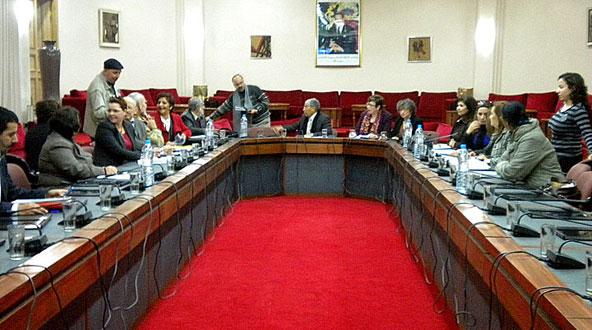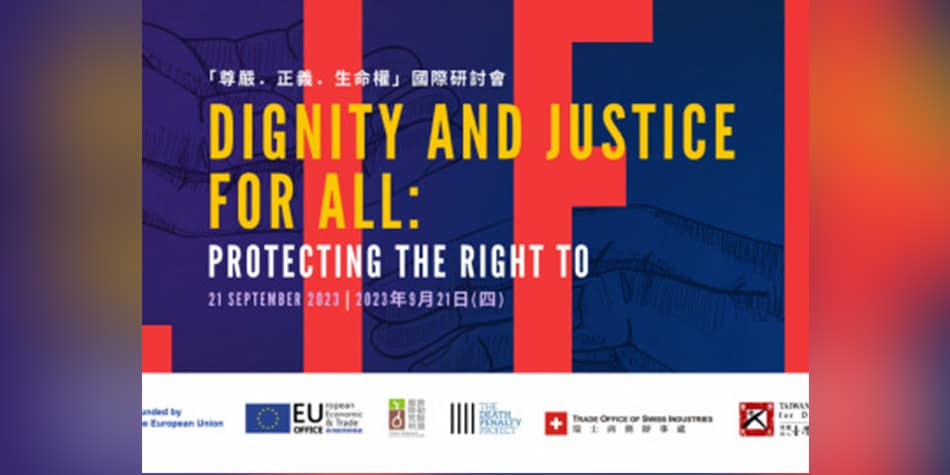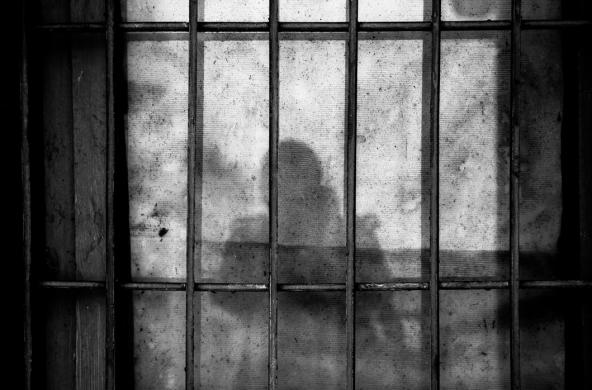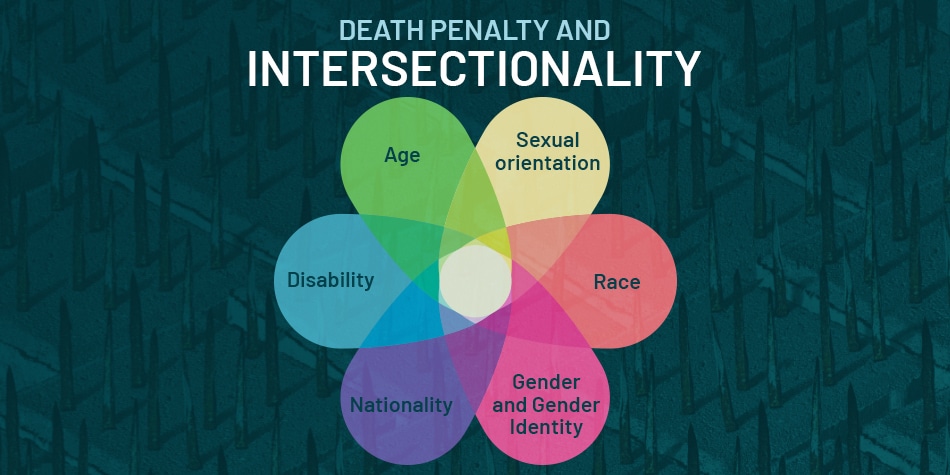
Moroccan parliamentary network a new step towards abolition
Abolition
“A step forward” is how Abdelilah Benabdeslam, the vice-president of Morocco’s Human Rights Association and a member of the Moroccan Coalition against the Death Penalty, qualified the initiative by some Moroccan MPs to get together and create a network against the death penalty on 26 February 2013 in Rabat.
The parliamentarian network against the death penalty stands out because of its political diversity – these MPs, from both Houses of the Parliament, come from both the governing majority and the opposition.
It was however noted that no one from the prime minister’s Development and Justice Party has yet joined this network.
As far as gender is concerned, men and women alike are actively working for the abolition of capital punishment. Still, most of the network’s members are women.
Nearly 180 MPs have so far signed the network’s founding charter.
Their top priority is to enshrine the abolition of the death penalty in the Moroccan Constitution. “Are we allowed to kill and to deny a person’s most sacred right, the right to life?,” Nouzha Skalli MP, told the newspaper Libération Maroc as she was taking part in the gathering on February 26. “We mustn’t forget that Morocco banned torture and made it illegal. Death penalty is, to our mind, the most violent form of torture,” she added.
International law can also help the members of this network, who will carry out actions to obtain Morocco’s ratification of the Rome Statute of the International Criminal Court and of the UN Protocol on the abolition of the death penalty.
The MPs’ goal is also to lead their country to accept the universal moratorium on capital punishment. Finally, the network will closely follow the fate of the 115 convicts on death row in Morocco to improve their detention conditions until their death sentence is reduced to a prison sentence.
Highlighting contradictions
To defend its cause, the network underlines two major contradictions.
On the one hand, even though no execution has taken place in 20 years, Morocco abstained four times from voting on the resolutions passed by the UN for a moratorium on the use of death penalty (in 2007, 2008, 2010 and 2012).
On the other hand, the network will fight the retention of the death penalty in criminal law with help from article 20 of the Moroccan Constitution, which regards the right to life as sacred: “The right to life is every human being’s right.”
To undertake a deep reform of Morocco’s Penal Code, network members know that they will have to join forces with every abolitionist structure within the country (the Moroccan Coalition against Death Penalty), the region (Regional Coalition against Death Penalty) and abroad (other parliamentary networks).
Such collaborative action should enable the network to raise awareness among both the international community and the Moroccan authorities on the need to abolish the death penalty.
Moroccan NGOs cannot present any bills, but the network can. By working inside Parliament, network members have the possibility to modify the current legislation on capital punishment.
MPs can also take advantage of their participation in other public institutions to rally the Moroccan government to their cause.
This strategy can have a real positive impact, as the Moroccan MPs’ network against corruption proved in the past.







